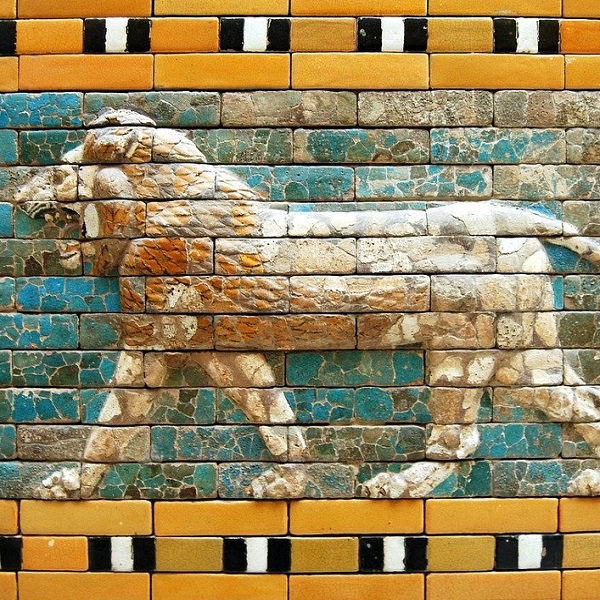History written in beer. Part II

The new empire used much more advanced equipment. As a result, the art of brewing not only survived, but began to grow rapidly. The Babylonians no longer used clay vessels for fermentation, but mash tuns, brew kettles and fermentation vats. Interestingly, they were the ones who came up with the idea that the ingredients in the wort were easier to dissolve at higher temperatures. They were the first to use hops, thanks to which beer started to take the form of the drink we know today, in various forms: light, dark and red. They were also keen to use blended malts and additives such as fruit syrups.
The Babylonian brewers were highly respected and trusted. Since they knew a lot about beer, and in the general opinion the soothing properties of this drink could suggest its healing potential, they often acted as medics and recommended their "patients" appropriate treatments. They also had numerous privileges, reserved exclusively for the favourites of the Babylonian elite. They were dismissed from military service, for example.
How serious topic of beer was in those days is evidenced by the Code of Hammurabi, which contains as many as four (!) paragraphs devoted to the subject of beer:
108. If an innkeeper does not accept grain as payment for beer, but accepts silver according to a weight (too) large, or reduces the value of beer in relation to the value of grain, and if it is proved to the innkeeper, she shall be thrown into water.
109. If the innkeeper in whose house the criminals have gathered has not apprehended them and brought them to the palace, the innkeeper shall be killed.
110. If a (priestess) naditum (or) (high priestess) entum, who does not live in a monastery, has opened an inn or has entered an inn for beer, that citizen shall be burned.
111. If an innkeeper gave 1 (60-litre) anthal of beer on credit, she will take back (herself) 50 grain strengths at harvest time.
In Babylonia, every citizen was entitled to three litres of beer a day, and even five litres for people of high rank. How fortunate that those days are long gone and we can set our own beer boundaries.... or lack thereof.
Recommended

Cztery Ściany: TRZEBNICA Pils - butelka 500 ml

Browar Stu Mostów: Pils - 500 ml bottle

WRCLW: Pils T-Shirt

Domyślna nazwa

Browar PINTA: Pierwsza Pomoc - 500 ml bottle

Browar Lwówek: Wrocławskie - 500 ml bottle

Browar Za Miastem: Długi Weekend - 500 ml bottle

WRCLW: Handball Pils WKS Śląsk Wrocław - 500 ml bottle

Moon Lark: Shelter. - 500 ml can

Wielka Sowa: Sowie Pils - 500 ml bottle


